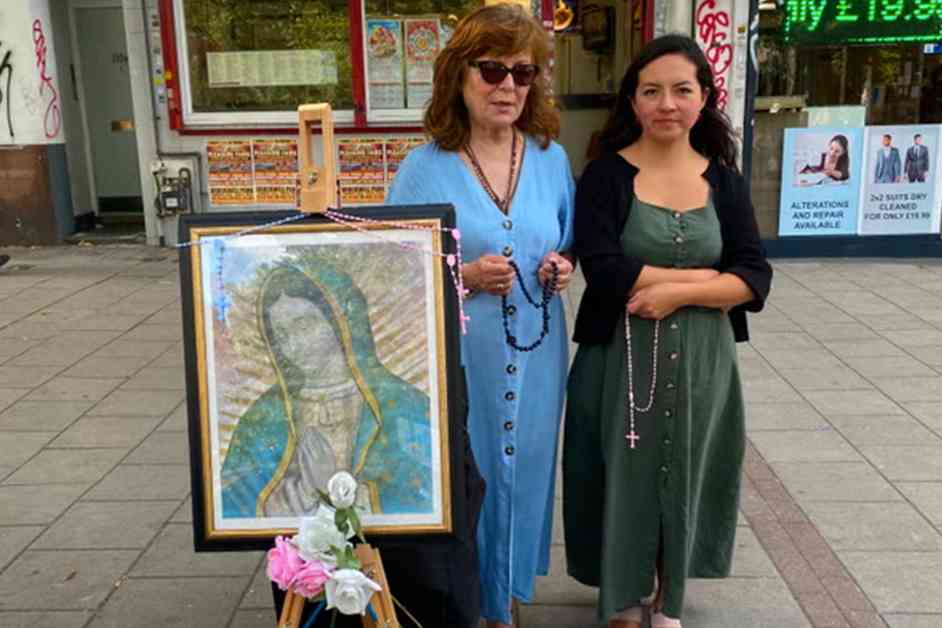The decision to not automatically ban silent prayer outside abortion clinics when new buffer zones are implemented has sparked controversy among campaigners. While the new measures aim to prevent influencing, harassing, or provoking individuals using or delivering abortion services within a 150-meter radius, pro-choice advocates argue that allowing silent prayer within these zones can still be intimidating.
Dr. Sonia Adesara from Doctors for Choice UK expressed concerns that the presence of individuals silently praying outside clinics can intrude on the privacy and confidentiality of those seeking abortion services, creating a potentially distressing environment. She emphasized the importance of buffer zones as safe spaces for individuals accessing care and called for a total ban on silent prayer to uphold this principle.
Despite calls for a complete prohibition on silent prayer within buffer zones, the current guidelines suggest that instances will be evaluated on a case-by-case basis. This has raised criticisms that the measures have been diluted, undermining the intended purpose of creating safe and private environments for individuals seeking abortion services.
As anti-abortion protests outside clinics have intensified due to the lack of nationwide buffer zones in England and Wales, concerns about the impact of allowing silent prayer within these zones have come to the forefront. While the Crown Prosecution Service acknowledges that engaging in silent prayer may not always constitute a criminal offense, prosecutors are expected to consider the specific circumstances and context of such behavior.
It is essential to strike a balance between the right to peaceful and lawful protests and ensuring the safety and well-being of individuals accessing abortion services. The ongoing debate surrounding the allowance of silent prayer in buffer zones highlights the complexities of navigating issues related to reproductive rights, freedom of expression, and public safety.
Overall, the decision to permit silent prayer outside abortion clinics within buffer zones has sparked a contentious debate among campaigners, healthcare providers, and legal authorities. The implications of this decision on the privacy, security, and emotional well-being of individuals seeking abortion services remain a topic of ongoing discussion and scrutiny in the realm of reproductive healthcare policy.












